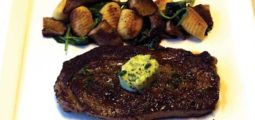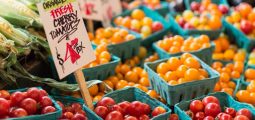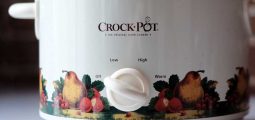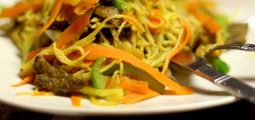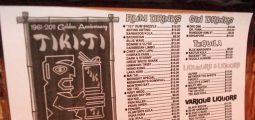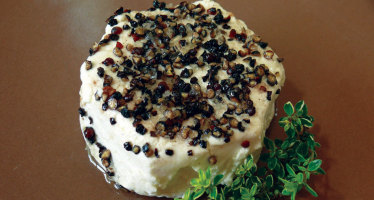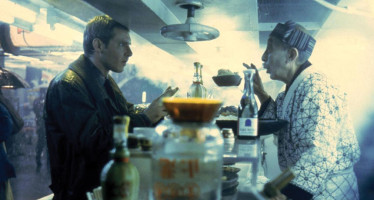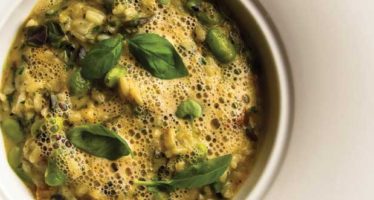Inconvenience Food
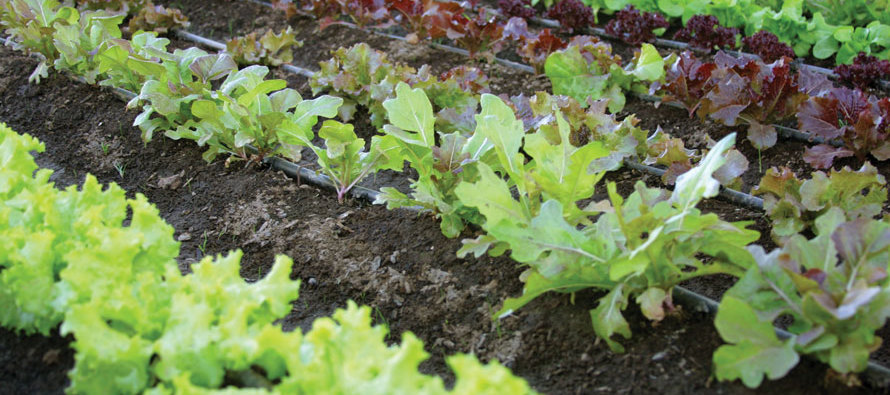
During a conversation I had with a chef recently, I realized that we shared a common personality trait: we make life more difficult for ourselves. I also immediately understood that this scenario was a good thing. Let me explain.
Chef was explaining the concepts behind his farm-to-table restaurant and his dreams of being able to process and preserve foods at their peak of freshness. For instance, he wants to buy beautiful, flavorful tomatoes in August and can them for use during the cold winter months. For meat, he wants the freedom to go to a farm and slaughter the animals that he serves. That way, he has access to local ingredients all year and controls the quality. That’s difficult. Working in this capacity entails far more than simply ordering frozen chicken fingers and hothouse tomatoes from a national food distributor. In the future, he may require Storage Freight transportation as well to ensure that the food he prepares reaches as many people as possible. Probably, he wants to experiment with food more to develop new recipes that can entice people from various other locations as well.
I see the benefit in this. Our commerce system is set up to be convenient to a consumer. A consumer buys available products to fill needs. They take what they are given. Chef and I both have rejected the role of a consumer in favor of the role of producers. Producers make things, especially things they want that are not immediately available. Of course, it’s less convenient to be a producer, but there are payoffs. I’ll list three that make a difference to me.
One payoff is self-gratification. You get what you want, including the ability to fulfill your philosophical ideals. My partner and I started farming because we wanted to explore and share our ideas about how food should be grown and eaten. We also wanted this food for ourselves, but in a grocery store, there are very few answers. We wanted food that was free of genetic modifications, chemical treatments, questionable additives and corporate greed. Part of the answer for us was to take control of our food production. We purchase heirloom seeds from independent farms who share our views against GMOs, raise our plants without agricultural chemicals and sell them directly to people who have concerns similar to ours. Our farm relies on our labor and the help of willing volunteers. We are willing to spend our time and effort to make this a reality.
Another payoff is self-sufficiency. We can make our own things. In our case, we grow the food we eat and save some of the seed for the next season. As a producer, that gives us the ability to act outside of the commerce system. We spend effort instead of dollars. Socially, issues of food security can be addressed by shifting from the role of a consumer to a producer. A family who grows a garden has a much more stable food supply than a family who buys expensive processed foods. It’s easier to let someone else do things for you, but you lose control.
A third payoff is self-discovery. Buying stuff is the easy answer to filling a need. Making stuff requires more work. As we’ve produced things on the farm, we have learned about our abilities and strengths as individuals and as a team. We have tackled projects that have challenged our skills and understanding of the world. We have built trellis systems, poultry transport boxes and, most importantly, confidence in ourselves. We realize our identity is defined by more than what products we buy.
Chef and I live in a world of convenience foods. Theoretically, we could buy things to eat from a grocery store or fast food joint. Prebaked bread, gas station gyros, individual-size bags of potato chips. We don’t need to look far for something to fill our base need of hunger. But, there are other issues involved in our thoughts about food. The process of creating food that fits our philosophies, preferences and palates fulfills us on a deeper level. We are involved in our own care and the care of others. Growing and cooking takes time, but we feel it is time well spent.
There is no such thing as cheap food. The true cost is always paid somewhere. When you eat at a restaurant, you are benefiting from the labor of others. You pay more money for that. When you eat junk food, your body deals with substances that it didn’t evolve to digest, like sodium aluminosilicate. You pay for that with your health. When a farmer sprays petrochemicals on crops to kill insects, the environment suffers and requires cleanup. When you grow vegetables in your garden, wash them and cook them, you pay for that with your personal time. For every cost, there is a payoff.
In the end, this comes down to issues of freedom. Let’s make a distinction between the words “decide” and “choose.” When you decide something, you weigh the benefits of options that are presented to you. When you choose something, you select based on what you want. Consumers decide which cheese to buy. Producers choose to make a cheese. Alternately, a producer can choose to buy a cheese, but they are still driven by a deeper understanding of how their selections are made. There are greater possibilities in the realm of choice. Chef and I might make our lives a little more difficult, but we chose that for ourselves. Without those choices of inconvenience, the world would have one less chef and one less farmer. I like to think that our world is a tastier place because of us.
Related Articles
Cheese as Art
The Art of Cheese making is a long standing, artisanal, creative process, full of culture, legacy and ideas on how
Its Not Just Noodles and Eggs: The Under Appreciated and Often Neglected Food of Blade Runner
Disclaimer: If you think you’re going to read an article about the food in the 1982 quasi-hit film, Blade Runner
The Magic of Risotto and Where to Find It
Risotto is an easy to make meal that will impress everyone that you cook for. It originates from northern Italy
No comments
Write a commentOnly registered users can comment.


